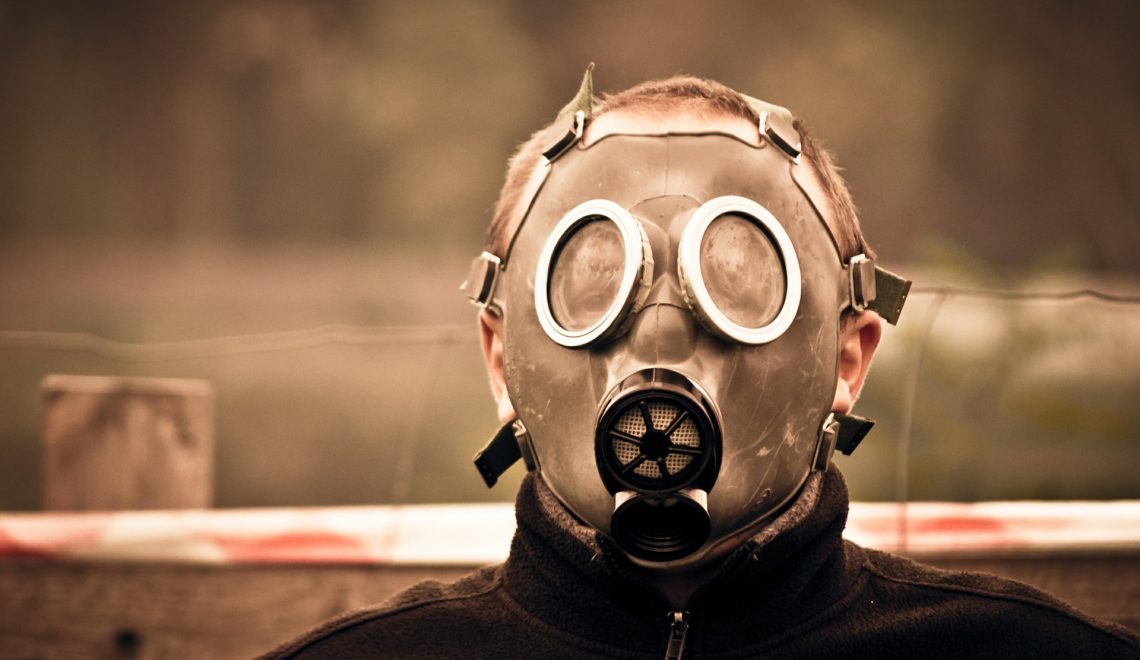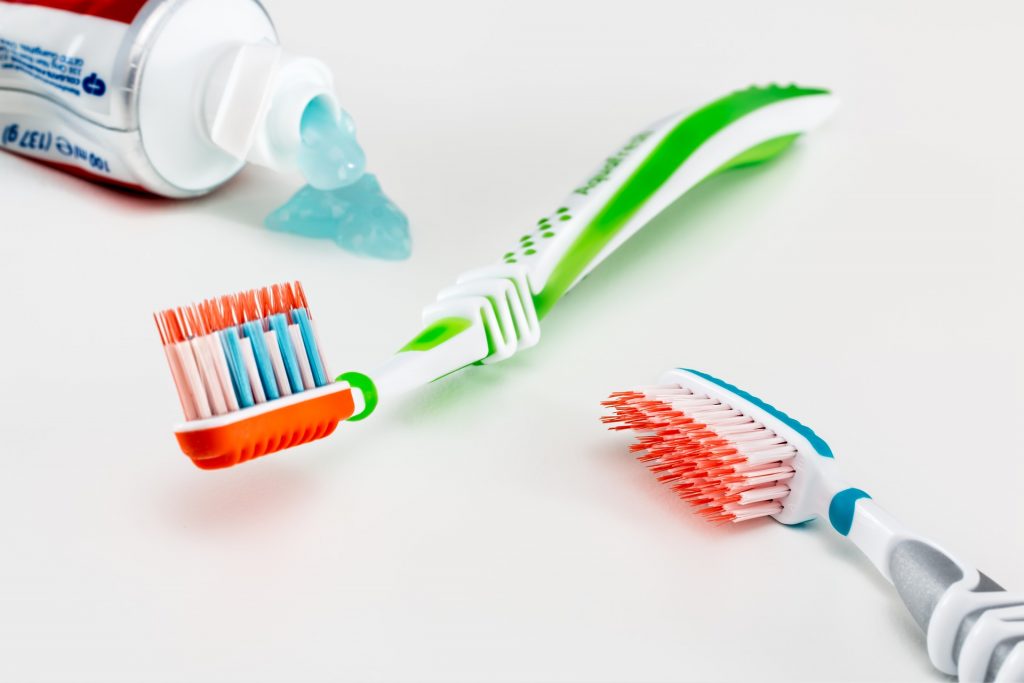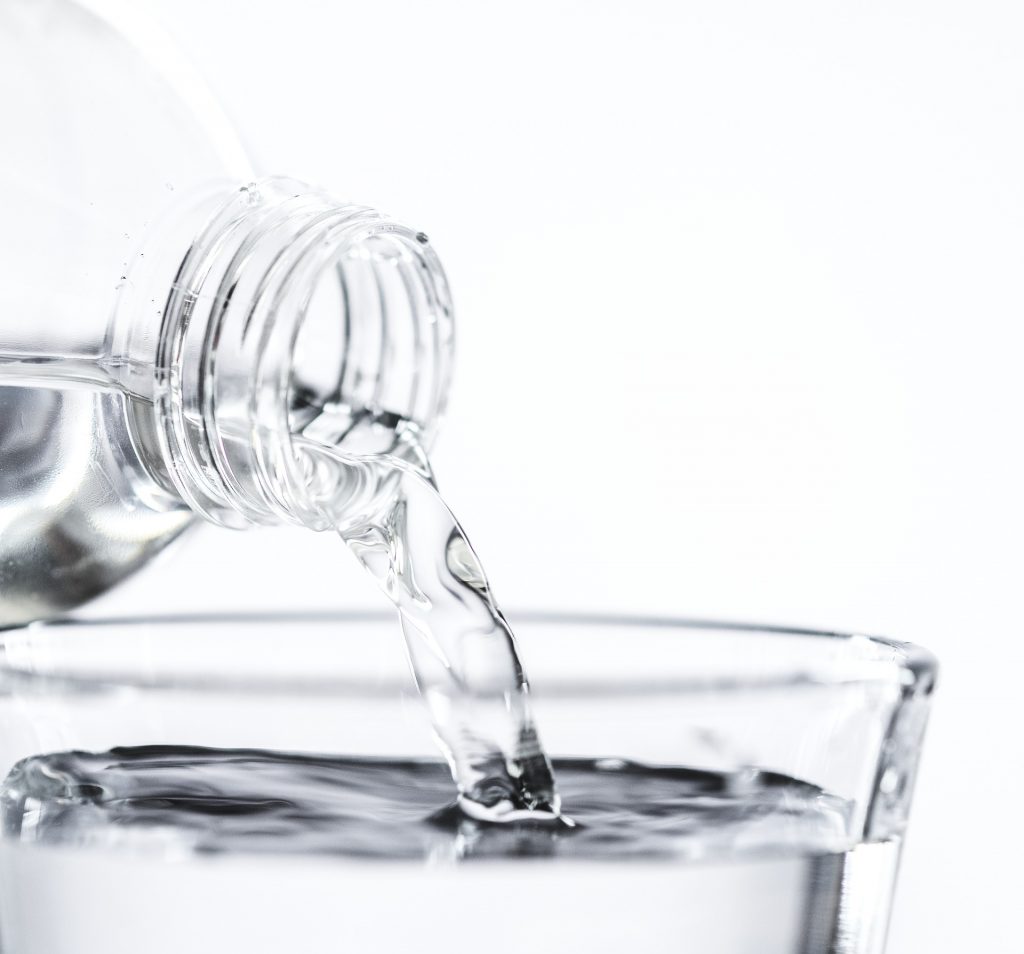
There is little in life I enjoy more than my morning coffee…. My other morning coffee…. And then my afternoon coffee (you get the gist). Unfortunately, I am all too aware that this can lead to bad breath, stale breath and dehydration – not exactly a winning combination when running a dental practice or promoting straighter, whiter, healthier smiles!
An estimated 30% of the population suffer with bad breath. The potential causes can vary, but we do know that, in the majority of cases, it a result of poor oral hygiene. This is actually good news, as bad breath (or halitosis) can be a huge cause of embarrassment and social anxiety but can often be remedied quickly and effectively with improved oral hygiene habits.

Aside from poor oral hygiene – which often leads to dental cavities and gum disease (and therefore more odours)- there are other causes of bad breath. With over 1 in 4 people being affected, we know that anyone can suffer from halitosis. Other known factors include:
Tobacco products (smoking)
Odorous foods (I’m sure you know the ones!)
Dry mouth
Crash diets
Certain medications
Nose mouth and throat conditions
Foreign objects
Systemic diseases
Gastroesophageal Reflux
Ketoacidosis
As the most common cause of bad breath is poor oral hygiene, often the most effective way of treating it is to simply adjust and improve upon your oral hygiene routine. Our amazing dental hygienists are the perfect people to see if you think you need advice (and most people do!).
Regular appointments with your dentist and dental hygienist can help treat and prevent bad breath. Most people require a deep clean twice a year to help remove the build-up that accumulates between appointments. Our dentists can also help diagnose, and treat, many of the other causes.
Your regular oral hygiene routine should include:

Brushing twice a day (we usually recommend electric toothbrushes as they have been scientifically shown to be more effective at plaque removal when compared to manual toothbrushes.
Daily interdental cleaning should be completed using floss or specially designed brushes. You should also ensure you clean effectively around prosthesis such as dentures, crowns, implants and bridges that can act as a plaque trap.
Daily cleansing of your tongue using a brush or specifically designed scraper will help you keep your breath fresher for longer.
Staying hydrated with regular fluids and avoiding alcohol, tobacco, coffee and any other products that can cause dehydration is important.

Obviously, avoiding odorous foods will also help keep your breath fresh.
If you would like more advice or you need to discuss your concerns with a professional, call one of our friendly team members on 02030801000 or you can book directly online here. You can email any queries to mail@cfdentist.co.uk. For more helpful hints and tips you can also follow us on Instagram and Facebook.


